
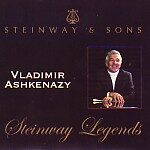
It couldn’t have been easy for Steinway Legends’ A&R suits to program two discs that provide a judicious overview of Vladimir Ashkenazy’s wide-ranging and voluminous

Vladimir Ashkenazy’s way with the Rachmaninov Second Piano Concerto noticeably mellowed in the years between his blistering 1963 premiere recording on Decca with Kirill Kondrashin
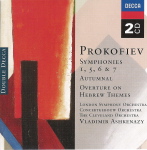
Decca’s welcome reprisal of these Prokofiev symphonies comes amid a general dearth of finely recorded versions of the Sixth (considered the composer’s greatest but certainly
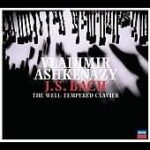
Vladimir Ashkenazy’s increasingly rare solo-piano forays into the recording studio have yielded an unexpected windfall in the form of Bach’s Well-Tempered Clavier. The pianist’s straightforward,
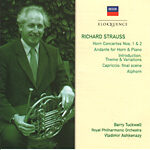
Barry Tuckwell displays his usual impeccable musicianship in Strauss’ two horn concertos, negotiating the bravura hunting-call passages of the Schumann-esque No. 1 with impressive confidence,
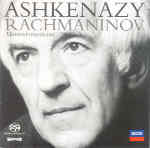
Vladimir Ashkenazy’s long-held affinity for Rachmaninov’s keyboard idiom comes home to roost in one of the pianist’s loveliest discs in years. Despite his increasingly infrequent
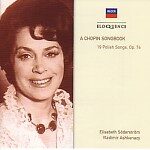
If your interest in Chopin’s Polish Songs primarily lies with the piano parts, Vladimir Ashkenazy easily dominates the competition. His rhythmic virility, soaring bass lines,
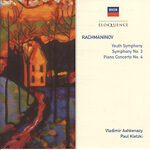
Finally making its appearance on CD, Paul Kletzki’s 1969 Rachmaninov Third emerges as one of the finest-ever recordings of this work. Everything falls into place
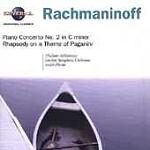
This recording recently appeared in a Decca Trio collection of the complete Rachmaninov Piano Concertos (type Q6237 in Search Reviews), but it’s good to have

In the late 1980s Vladimir Ashkenazy began a solo Schumann cycle for Decca. The project was curtailed after eight CDs, none of which lasted long
![]()
